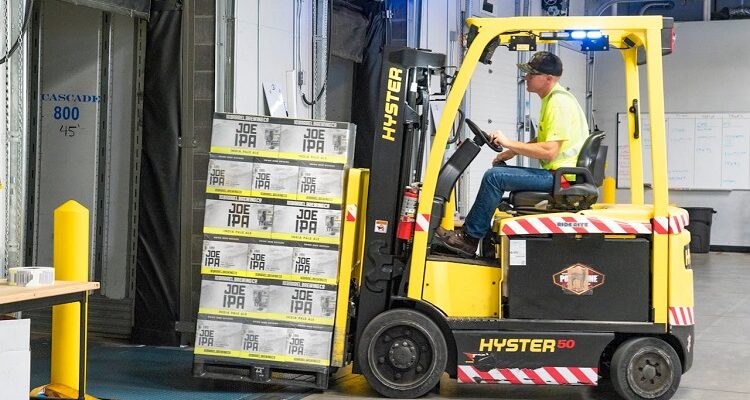In the digital economy, logistics companies have to deal with substantial threats on many fronts. Data breaches are one of them, and they can jeopardize business operations and sensitive customer information. In order to safeguard their reputations and assets, logistics companies have to be proactive in choosing strategies that effectively prevent these events from happening. Preventing data breaches can save a logistics company money in the long run.
Table of Contents
1- Invest in Cybersecurity Measures
Robust cybersecurity measures are the first step your logistics company needs to take in the prevention of data breaches. Protect your network by implementing antivirus software, intrusion detection systems, and advanced firewalls. Update software on a regular basis to patch vulnerabilities and minimize cyberattacks. Multifactor authentication should be mandatory for access to sensitive systems, and all data transmissions should employ encryption so unauthorized parties can’t intercept information. Partnerships with cybersecurity experts who conduct routine audits and vulnerability assessments add another protective layer.
2- Teach Employees About Cybersecurity
Your company’s employees serve many frontline positions throughout your organization, and this is true of cybersecurity as well. This isn’t just something an IT department handles from a remote location. Your logistics company needs to prioritize workforce training about two things; one is the latest cyber threats you might be facing, and the second is the best practices your organization can use to avoid them. Training sessions should happen regularly and cover subjects including the safeguarding of company technology, the creation and use of strong passwords, and being able to identify phishing emails.
Simulate phishing exercises to prepare employees for real-life threats so they can recognize and respond to them. Well-established cybersecurity policies pave the way to promoting a culture of accountability where employees understand the necessity of protecting sensitive information and their responsibility in taking part. Well-informed employees can turn into vigilant professionals and a powerful line of cybersecurity defense.
3- Look for Existing Weaknesses in Their Network and System
As much as you want to prepare for eventual trouble, you need to consider vulnerabilities that might already exist in your company’s systems and network. Routine risk assessments are crucial to pinpointing weaknesses that you can identify and rectify before hackers exploit them. Penetration testing is how your organization can simulate a cyberattack and analyze how effective your current defenses are. If your software or hardware is outdated, it can result in security gaps. Keeping an inventory of all your company’s digital assets helps you upgrade them as necessary. Implement real-time alerts through monitoring systems so you can detect unusual activity and respond to potential threats before they have a chance to escalate. Proactively addressing weaknesses empowers your logistics company to substantially reduce its risk of potential data breaches.
Prepare Your Company
Being able to prevent data breaches needs to be a high priority for any logistics company vital to the national or global supply chains. Operating in an increasingly digitalized world means you need to mitigate network vulnerabilities, educate your employees, and invest in effective cybersecurity measures; companies that do all this can keep the trust of their customers while protecting sensitive information. Proactive efforts now can spare you devastating results in the future.













Comments